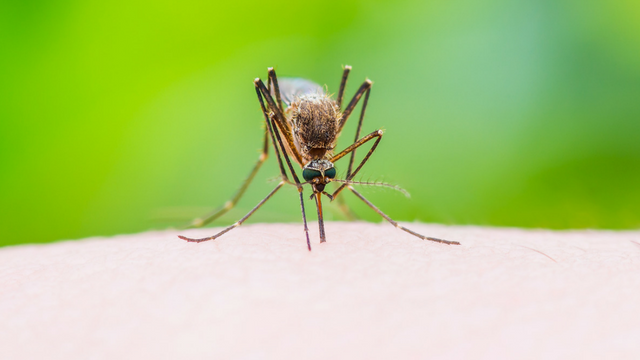 ISTOCK, NECKAEV-KON In the latter half of 2016, US jurisdictions with known local transmission of Zika saw a 21 percent increase in birth defects potentially linked to the virus, according to a report published today (January 26) by the Centers for Disease Control and Prevention (CDC).
ISTOCK, NECKAEV-KON In the latter half of 2016, US jurisdictions with known local transmission of Zika saw a 21 percent increase in birth defects potentially linked to the virus, according to a report published today (January 26) by the Centers for Disease Control and Prevention (CDC).
“This finding underscores the importance of surveillance for birth defects potentially related to Zika virus infection and the need for continued monitoring in areas at risk for Zika transmission and exposure,” the authors write in the report.
The CDC team searched for cases of Zika-associated birth defects, such as microcephaly, in just under one million births that occured across 15 US states and territories in 2016. These included areas with documented cases of local Zika transmission (Puerto Rico, southern Florida, and a portion of southern Texas) and locations with confirmed instances of travel-associated Zika infections.
The researchers found that three of every 1,000 babies born in those areas had a birth defect that could have been linked to Zika infection in their mothers. When they ...





















